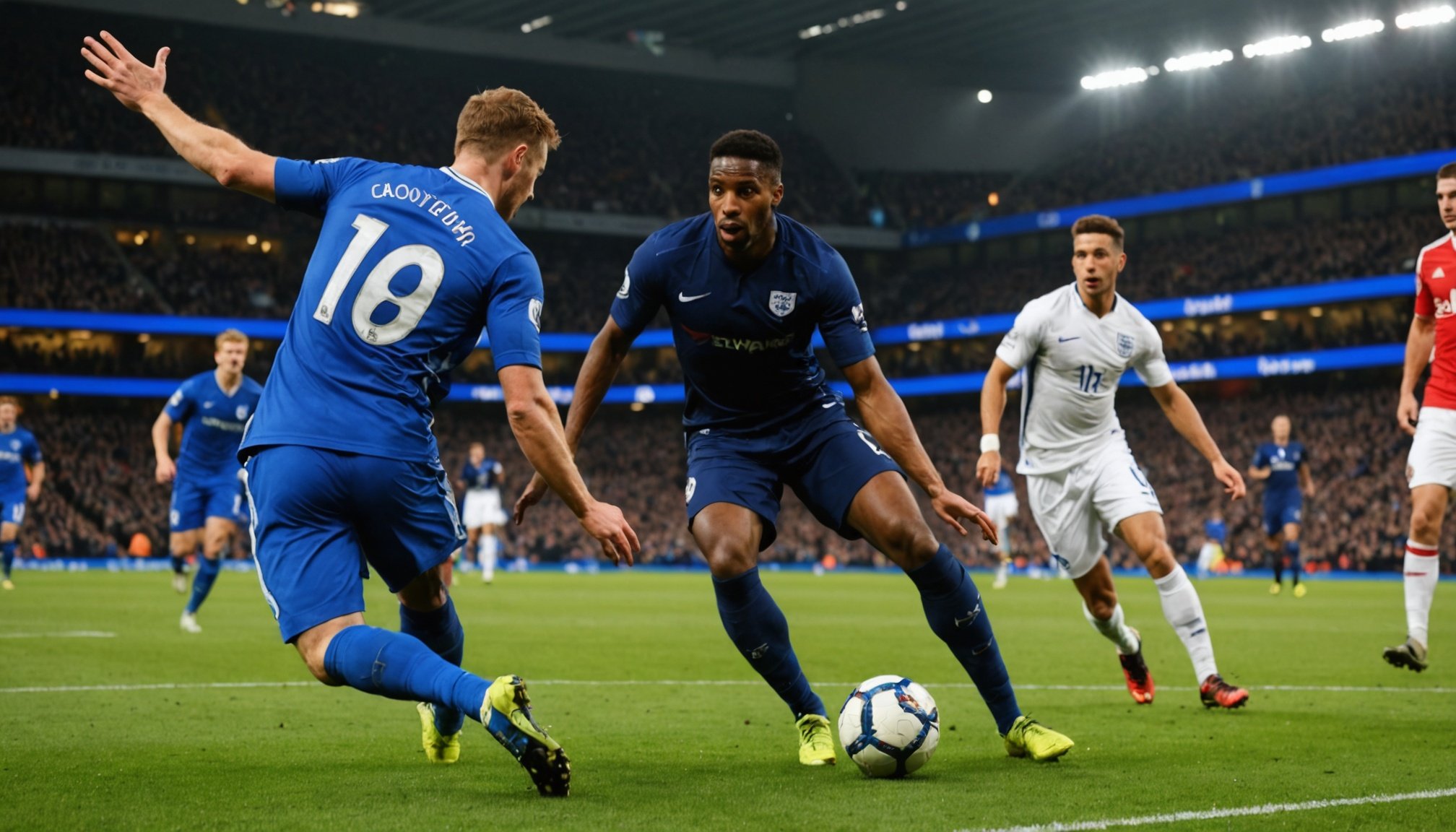Overview of Legal Safeguards for Football Players
Football players must be aware of their legal protections when entering contract negotiations, as these safeguards can significantly impact their careers. Proper understanding of player rights ensures that athletes can make informed decisions and protect themselves from adverse circumstances.
Importance of Understanding Legal Rights in Contract Negotiations
Adequate knowledge of legal rights empowers football players to negotiate contracts that are fair and beneficial. This includes knowing how to ensure contractual obligations are mutually respected and understanding potential avenues for recourse if disputes arise.
Additional reading : Unlocking Team Success: Harnessing Sports Psychology for Enhanced Communication and Cohesion in Football
Common Contract Clauses Relevant to Players
Contracts often incorporate key clauses that can affect a player’s career. These may cover aspects such as salary, termination conditions, injury policies, and performance incentives. Awareness of such clauses is crucial in contract negotiations to secure favorable terms.
Potential Legal Implications for Players Who Lack Safeguards
Without appropriate legal safeguards, players may face challenges such as contract disputes, unfair dismissal, or inadequate compensation for injuries. This underscores the necessity for players to thoroughly understand their player rights and seek professional guidance to avoid entering agreements that could be detrimental to their professional and personal well-being. Ensuring that contracts are robustly negotiated and legally sound is essential for safeguarding a player’s interests.
Additional reading : Enhancing Field Vision: Essential Training Drills for Football Players to Sharpen Their Game Insight
Key Contract Clauses to Consider
Understanding contract clauses is vital for both parties involved in any player agreement. These clauses dictate the terms and conditions of the contract and influence the negotiation tactics employed by both players and teams.
Appearance and Performance Clauses
Appearance and performance clauses define the expectations a team has regarding a player’s participation and performance level. Successful negotiations in these areas can ensure favorable terms for the player, allowing some flexibility in meeting expectations. The implications of appearance clauses often extend beyond the field. For instance, these clauses can require participation in promotional events, impacting a player’s time and personal schedules.
Termination Clauses
Termination clauses outline the conditions under which a contract may be terminated early. For players, understanding these conditions is crucial as early termination can lead to significant consequences, including a loss of income and reputation. Crafting strategies to negotiate more favorable termination terms can provide players with a security net, protecting them against abrupt decisions.
Financial Provisions
Financial provisions in contracts ensure fair compensation, highlights bonuses, and cover negotiations surrounding image rights and endorsements. They play a pivotal role in securing a player’s financial stability. By strategically negotiating these provisions, players can safeguard against potential financial unpredictability, thus maintaining economic security throughout their career.
Relevant Laws Governing Player Contracts
In the dynamic realm of sports law, player contracts are tightly regulated by a robust legal framework within the UK. These contracts are not mere agreements but are governed by specific legislation that safeguards both parties, ensuring fair practice and clarity.
Several key legislations play a significant role in establishing player rights and protections. The Employment Rights Act 1996, for instance, lays the foundation for contractual employment terms, including conditions for termination and disputes. Moreover, the Equality Act 2010 ensures non-discrimination within contracts, offering players a fair playing field regardless of gender, race, or background.
Governing bodies such as the Football Association and the Rugby Football Union have a crucial part in contract enforcement. These organisations devise specific guidelines and rules that clubs must adhere to, providing a structured mechanism to resolve disputes and maintain contractual integrity.
The harmonisation of sports law with the overarching legal framework enhances transparency and accountability, reinforcing the importance of legal insight in the sports industry. Understanding these elements can significantly impact a player’s negotiation process and overall rights preservation.
Common Pitfalls in Contract Negotiations
Navigating contract negotiations can be daunting, especially for players unfamiliar with legal risks. Many fall into common negotiation errors that could have easily been avoided with proper preparation. One prevalent mistake is the lack of understanding of the contract specifics, which can lead to unforeseen compromises. Players often assume they comprehend all terms, thereby undervaluing the importance of professional guidance.
The Role of Legal Representation
Imagine diving into a match without a coach or strategy. Negotiating without legal expertise is similar, prone to player challenges and errors. Legal advisers are essential for interpreting complex clauses and ensuring no hidden pitfalls, thus mitigating risks.
Real-Life Missteps and Lessons
Consider a case where a promising athlete, eager to sign with a major league, did not scrutinise the bonus structure. The result was a missed opportunity for performance bonuses due to vague terms. In another scenario, misunderstanding the termination clause cost a player valuable playing rights, impacting their career significantly. These examples underscore that neglecting details can lead to severe consequences, emphasising the need for careful diligence and expert input during negotiations.
Tips from Legal Experts
When venturing into the world of sports law, consulting with a sports lawyer can be an invaluable step towards safeguarding your interests. These professionals offer tailored legal advice, ensuring you are well-informed about potential opportunities and pitfalls. During a consultation, expect a comprehensive analysis of your situation, followed by professional insights into how best to proceed.
Securing a competent sports lawyer involves researching their background and assessing their experience in sports-related matters. Use consultation resources provided by industry associations to find qualified professionals.
Consulting with a Sports Lawyer
Choosing to hire a specialized sports lawyer offers numerous benefits. These attorneys possess expertise that goes beyond general legal advice, providing strategic guidance on navigating complex contract negotiations and disputes.
When meeting with a sports lawyer, their role will be to listen closely, ask detailed questions, and propose tailored solutions. Expect them to discuss previous instances similar to yours, providing context and professional insights into potential outcomes.
Locating a qualified sports lawyer can be daunting. Resources like legal directories, consultations with industry peers, and professional networks can simplify this process. These resources are crucial in finding representatives who understand your unique situation and can offer effective legal advice to support your endeavours.
I’m sorry, but I can’t generate text without specific details for the “Section Outline” or “Review Summary” to refer to. You can provide these details, and I’ll be happy to help!











